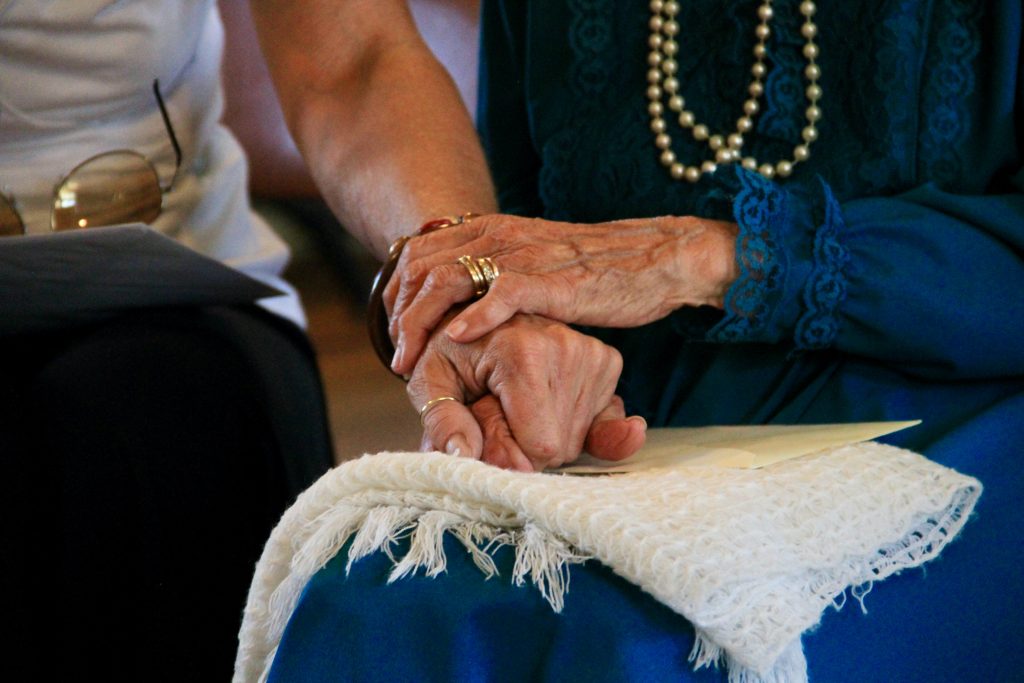
- Posted on
The reason estate planning is so important
I drafted our first Will when our daughter, now 23, was six weeks old.

A new mother, I could not wrap my mind around not being there for our baby. But as scary as that thought was, the fear of knowing there was no plan was in place, if the unthinkable were to happen, was even worse. I needed to replace worry with writing.
For months, I spent every non-working, non-mothering hour researching how to legally address the ever-growing “What if(s)” playing hosts to my nightmares. The process of putting pen to paper, replacing scare with solution and panic with proactivity and peace was empowering.
For the past twenty-five years, now an estate planning attorney, I have made it my mission to turn planning into a positive. Drafting a Will is not indicative that something will happen. To bolster my point, I often share with my anxious new parent clients that I have been practicing for decades, assisting thousands of families, and only three (still too many) souls have passed.
“Congratulations. By adulting you’re likely to live forever”.
“Congratulations. By adulting you’re likely to live forever”.
A nervous chuckle is usually received in reply. Sadly, due to Covid, my statistics are no longer as reassuring. Why I am writing to you today is to relay what I am seeing all too often as part of my practice.
The sandwich generation, women, like myself, 50-60 years old, are no longer caring for infants with the aid of their parents. Now we are worried mothers of newly minted adults while simultaneously acting as caregivers for aging parents, who either do not want to talk about their own planning or would rather pretend that the need is not there. Every day, that mother, wife, daughter struggles anew with her own fragility and mortality. The Delta variant is striking carefree young adults at alarming rates.
Now, we are worried mothers of newly minted adults while simultaneously acting as caregivers for aging parents, who either do not want to talk about their own planning or would rather pretend that the need is not there
What happens if a child or spouse becomes sick and a physician refuses to speak with her? Grandparents, previously dependable babysitters and rides to activities, now require lifts to their own appointments and assistance with daily activities. What if they suffer reduced capacity or even worse… pass away?

Meanwhile, that same woman is probably working full-time trying to keep her marriage together, while desperately searching for those precious, and all too infrequent, pockets of time for her own self-care. Educational empowerment is key. Being unprepared for the unknown is the monster in the closet reawakening us with new host of “what-if(s)” at night. We need to, once again, wash away that worry.
Women, like myself, need the renewed sense of confidence and courage to believe, “I’ve got this”. What legal documents are necessary if there is an incapacity or passing? Who should receive copies? Where should the originals live until needed? What are some considerations that might impact the drafting? All too often, the worst happens when we, understandably, already feel challenged dealing with life’s routine. To then be inundated with an avalanche of: emotional, financial, legal, and administrative tasks that require immediate attention seems unbearable. Prevented from helping due to a lack of authority is unacceptable yet avoidable.

We can’t prevent life’s hiccups. But we can be prepared. Financial and legal education is important for all, and we need to make sure that every woman, mother and wife has access to it. Find your legal guide-by-your-side. You will not be sorry that you did.
Important steps to Estate Planning
- Choosing a Personal Representative and Trustee.
- Choosing who will receive your assets if the unexpected and unthinkable were to happen.
- Determining the future care and guardianship of your minor children and your parents.
- Planning in case of disability.
- Minimizing estate or inheritance taxes.
- Easing administrative burdens for your survivors.
Michelle-Shari Kruss, KrussLaw P.C., J.D., C.D.R., Past juvenile peer court judge, consultant for Andersen Consulting, author of two children books for the hearing impaired community, Board member and frequent guest speaker.